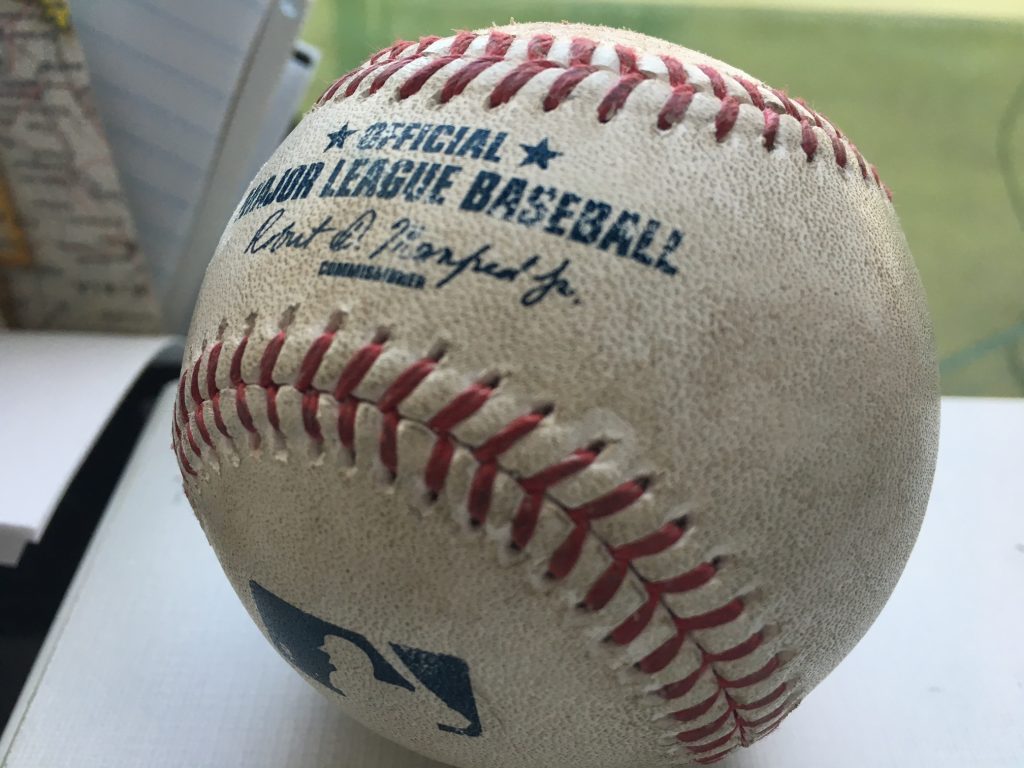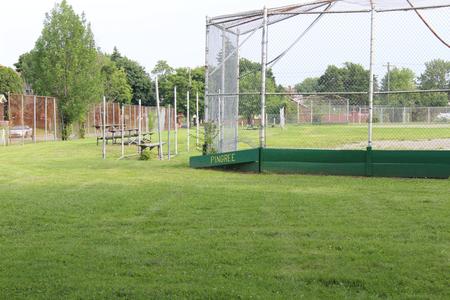As African American Participation in Baseball Wanes, Local Teens Eye Careers in the Majors
John Malcom, Bryce Bush, and William English are all heading to Division I schools with hopes of professional careers.


Baseball has long been thought of as America’s national pastime. But with many young athletes, especially African-Americans, now choosing to play basketball or football instead of baseball, is that actually still the case?
This year, only about eight percent of black players on a Major League Baseball roster were from the United States or Canada. In Metro Detroit, three high school players are hoping to change that. William English of Detroit Western, Bryce Bush of Warren De La Salle, and Birmingham Detroit Country Day’s John Malcom are all African-American players having standout seasons who have signed on to play Division I college ball.
A recent article in the Detroit Free Press by Mick McCabe features these three players and looks at their success on the baseball diamond in relation to the low numbers of African American participation in baseball.
Bryce Bush of Warren De La Salle joins Detroit Today with Stephen Henderson to talk about his decision to continue playing baseball at Mississippi State.
Bush says that baseball was always his “number one sport.”
“I was always better at it. I thought it was more fun and I worked the hardest at it,” he says.
John Malcom of Country Day also joins the program. He will play baseball at Vanderbilt University next season.
Malcom grew up playing many different sports, but “baseball…stood out” to him.
Later in the show, Louis Moore, a professor at Grand Valley State University who specializes in African American history, sports history, and gender speaks about the low numbers of African American participation in baseball.
Moore says it’s a matter of “access and academies.”
“It costs a lot of money to play baseball,” he says.
The other issue is that many professional baseball teams are focusing more on finding future players in Latin America.
“They’ve developed academies in the Dominican Republic, in Venezuela, and you don’t see that amount of investment in the inner cities,” Moore says.
Click on the audio player above for the full conversation.
